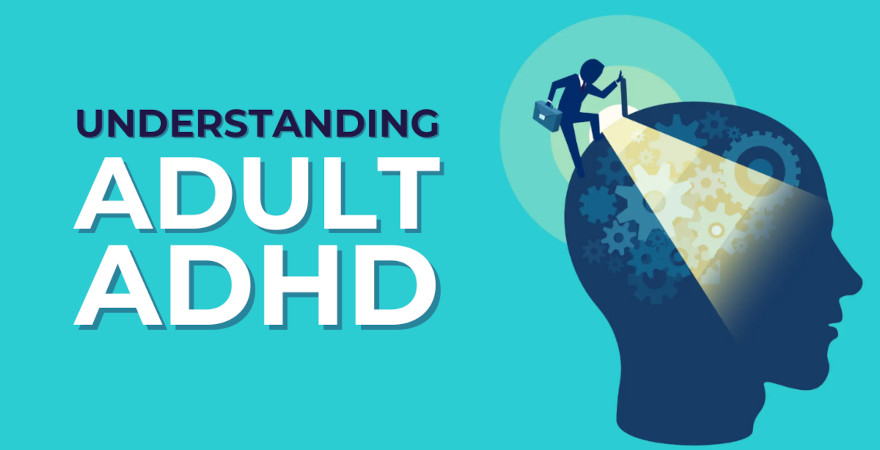Attention Deficit Disorder (ADD) in adults is a topic that is garnering increasing attention in today's fast-paced world. Many adults recognize that they may have issues with distractibility, procrastination, and seeing tasks through to completion. These challenges often come to the forefront when their career paths change, requiring them to focus on the same task for extended periods. In such scenarios, they may find themselves immobilized, struggling to maintain concentration for hours at a time.
The Emergence of ADD Symptoms in Adulthood
For some individuals, these symptoms might not be new. They may have had treatment for ADD during childhood or adolescence, albeit not always consistently or effectively. For others, the recognition of these symptoms might only occur later in life, often triggered by changes in work environment or personal life that demand a higher level of sustained attention and organization.
Challenges and Impacts
Adult ADD can manifest in various ways, affecting both personal and professional life. Common symptoms include:
- Difficulty maintaining focus on tasks
- Tendency to procrastinate
- Inability to complete tasks
- Frequent distraction
- Impaired organizational skills
These symptoms can lead to a range of issues including decreased productivity, strained relationships, and increased anxiety. When ADD is out of control, it can significantly elevate anxiety levels, creating a cycle of stress and distraction that is hard to break.
Managing ADD with Medication
One effective way to manage ADD is through the proper use of medications. These medications can help reduce anxiety levels and improve focus and organizational skills. However, the decision to use medication should be made carefully, considering both the potential benefits and risks.
The Evaluation Process
The evaluation for ADD in adults should be thorough and meticulous. It typically includes:
- An objective paper and pencil screening test
- A detailed interview to understand the individual's history and symptoms
- An assessment of any signs of heart disease or other medical conditions that could affect treatment
It is important to supplement the diagnostic evaluation with reliable resources. Websites such as drugs.com can provide valuable information about medication options and side effects, helping patients make informed decisions about their treatment.
Understanding the Terminology
The official nomenclature for ADD includes terms such as ADHD (Attention Deficit Hyperactivity Disorder), with or without hyperkinesis. However, many adults do not experience significant restlessness, making the term ADD more relatable in informal use. Despite the terminology, the underlying challenges and management strategies remain consistent.
Living with Adult ADD
Living with ADD as an adult requires a multifaceted approach. While medication can be a key component, it is also essential to adopt lifestyle changes and coping strategies. These may include:
- Creating structured routines
- Setting clear and achievable goals
- Using tools and apps to stay organized
- Seeking support from therapy or support groups
Additionally, it is important to maintain open communication with healthcare providers to ensure that the treatment plan remains effective and responsive to any changes in symptoms or circumstances.
Breaking the Stigma
One of the greatest challenges faced by adults with ADD is the stigma associated with the condition. There is often a misconception that ADD is a childhood disorder, leading to misunderstanding and lack of support for adults. It is crucial to increase awareness and understanding of adult ADD, emphasizing that it is a legitimate and manageable condition.
Adult ADD is a complex and multifaceted condition that requires careful evaluation and management. By understanding the symptoms, seeking appropriate treatment, and adopting effective coping strategies, individuals with ADD can lead productive and fulfilling lives. It is important to break the stigma surrounding this condition and to support those affected in navigating their challenges. With the right approach, adults with ADD can achieve their full potential and thrive in all areas of life.

